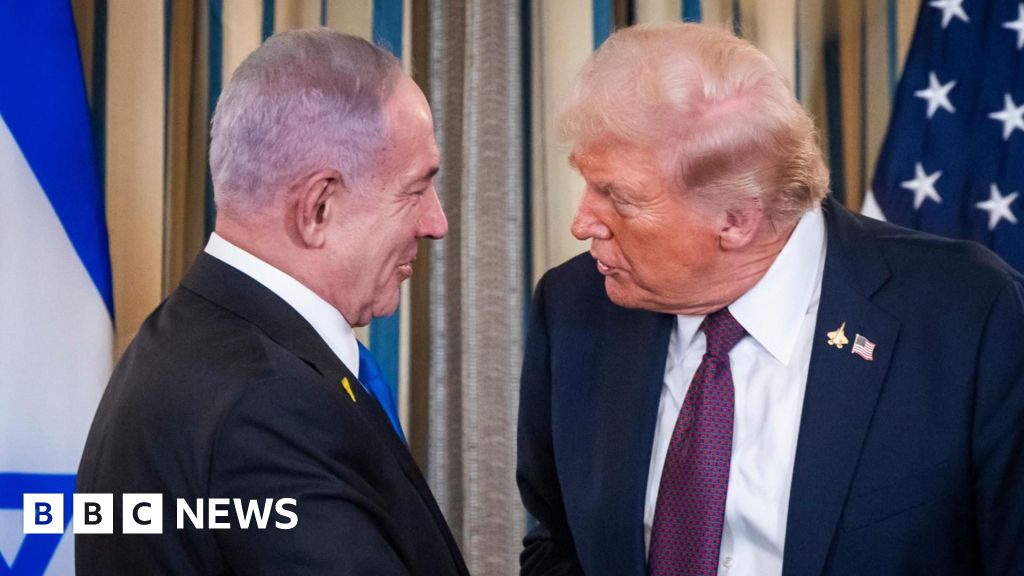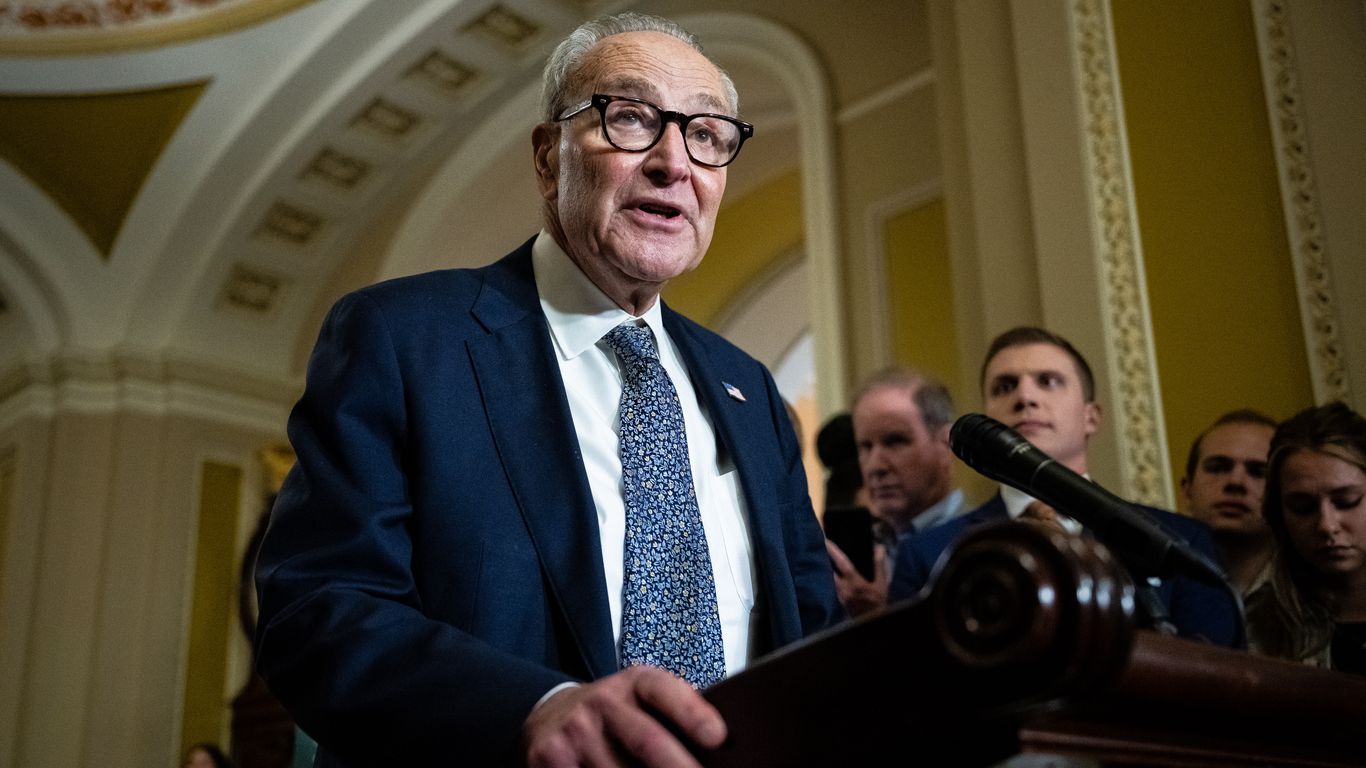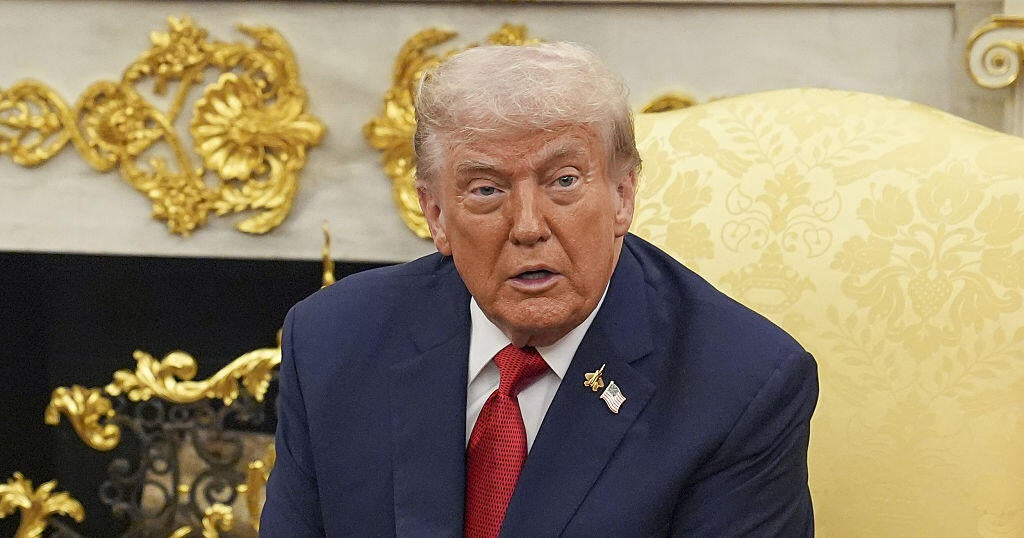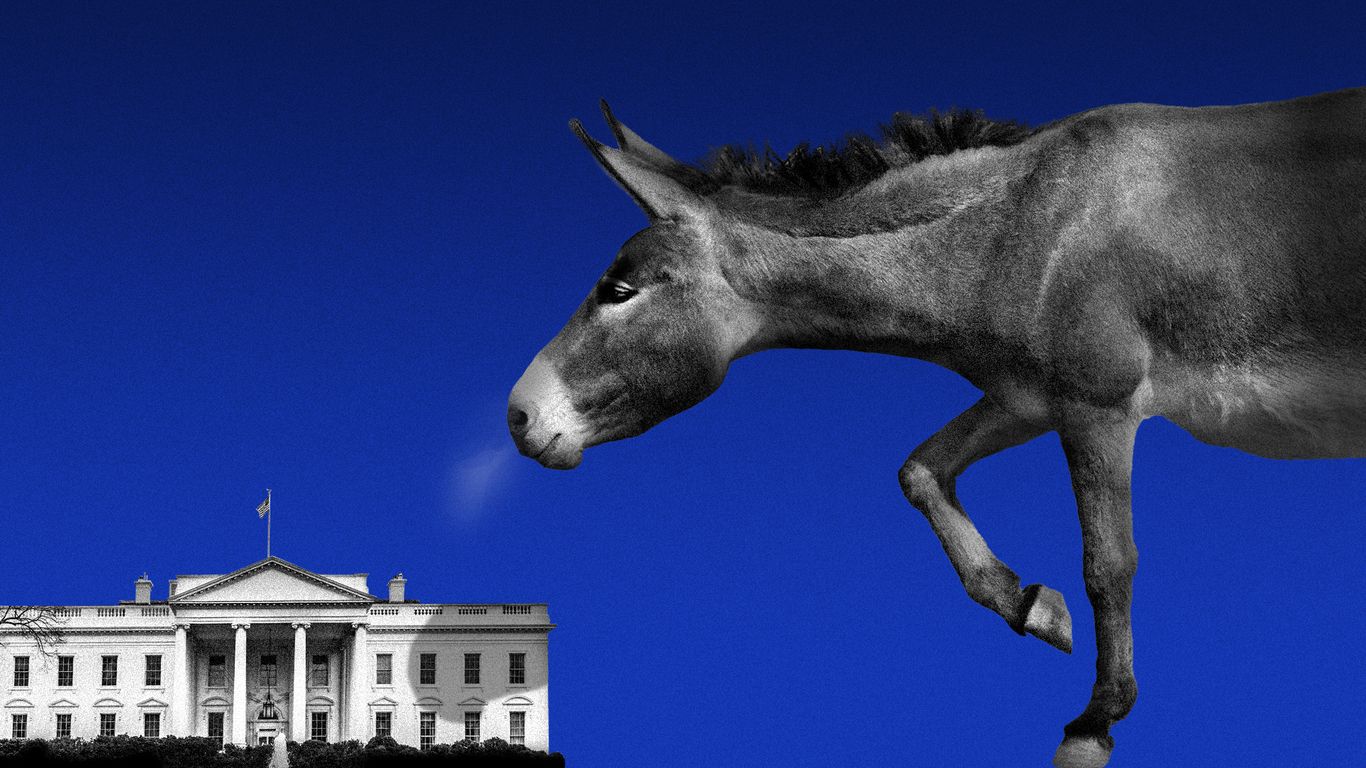Trump's Government Shutdown Strategy: Mass Firings and Democratic Pressure
Trump’s Government Shutdown Strategy
President Donald Trump is leveraging the 2025 government shutdown as a political tool to reshape the federal workforce and target opponents. He announced plans to meet with Budget Director Russ Vought to discuss potential "temporary or permanent" spending cuts focused on agencies led by Democrats. This approach signals an intent to impose mass firings and enforce deep budget reductions, aiming to pressure Democratic lawmakers by forcing difficult choices during the shutdown.
Political Punishment and Spending Cuts
Trump has openly stated that Democrats will bear the blame for any firings or cuts resulting from the shutdown. He suggested eliminating favored projects and programs permanently, framing the shutdown as an opportunity to advance right-wing priorities. This aligns with the controversial Project 2025 blueprint, which seeks to significantly restructure federal operations. Trump’s strategy appears designed to deepen political divisions while altering the federal government’s landscape.
Implications for Federal Workers and Governance
The threat of mass firings marks a departure from typical shutdown protocols, where furloughs are temporary. Such measures could impact 2.1 million federal employees and essential services, raising concerns about long-term consequences for the merit-based civil service system and government functionality.
About the People Mentioned
Donald Trump
Donald John Trump, born June 14, 1946, in Queens, New York, is an American businessman, media personality, and politician. He graduated from the University of Pennsylvania’s Wharton School in 1968 with a degree in economics. In 1971, he took over his family’s real estate business, renaming it the Trump Organization, through which he expanded into building and managing skyscrapers, hotels, casinos, and golf courses. Trump gained widespread fame as the host of the reality TV show *The Apprentice* from 2004 to 2015, which helped establish his public persona as a successful entrepreneur. Trump entered politics as a Republican and was elected the 45th president of the United States, serving from 2017 to 2021. His presidency was marked by significant policy actions including tax cuts, deregulation, the appointment of three Supreme Court justices, renegotiation of trade agreements (notably replacing NAFTA with the USMCA), and a focus on immigration control including border wall expansion. He withdrew the U.S. from international agreements such as the Paris Climate Accord and the Iran nuclear deal, and engaged in a trade war with China. His administration’s response to the COVID-19 pandemic was criticized for downplaying the virus’s severity. Trump was impeached twice by the House of Representatives—first in 2019 for abuse of power and obstruction, and again in 2021 for incitement of insurrection—but was acquitted by the Senate both times. After losing the 2020 election to Joe Biden, Trump challenged the results, culminating in the January 6, 2021, Capitol riot. He remains a central figure in American politics, having won the 2024 presidential election and returned as the 47th president in 2025, continuing to promote policies aimed at economic growth, border security, and military strength[1][2][3][4].
Russ Vought
Russell Thurlow "Russ" Vought is an American political aide and government official born on March 26, 1976. He has held several key roles in the U.S. government, most notably as the Director of the Office of Management and Budget (OMB). Vought first served as the 42nd Director of OMB from 2020 to 2021 and was recently reappointed as the 44th Director in 2025 by President Trump[1][5]. Prior to his roles at the OMB, Vought worked extensively in Washington D.C. with grassroots and public policy organizations. He served as the Vice President of Heritage Action for America for seven years and held positions on Capitol Hill, including as Policy Director for the House Republican Conference and as Executive Director of the Republican Study Committee[3][5]. Vought also worked as a legislative assistant for U.S. Senator Phil Gramm[3]. As OMB Director, Vought was instrumental in implementing President Trump's policy and deregulatory agendas. He issued a memo directing the cancellation of contracts that included training on critical race theory and white privilege, aligning with his conservative stance[2]. Vought is also a key author of the Project 2025 plan, which aims to reshape the federal government with a focus on executive branch power[2]. In 2021, Vought founded the Center for Renewing America, a think tank focused on combating critical race theory[1][2]. Recently, he was nominated again for the OMB Director position by President-elect Trump in November 2024, marking his return to this role in 2025[1]. Vought's work continues to influence conservative policy initiatives, particularly through his involvement with Project 2025 and the Center for Renewing America.
About the Organizations Mentioned
Democrats
The **Democratic Party** is one of the two major political parties in the United States, widely recognized as a liberal and progressive organization that advocates for social and economic equality, civil rights, environmental protection, and worker rights. It generally supports stronger government intervention in the economy and social welfare programs such as Medicaid and food aid, funded through progressive taxation[1][3]. Founded in 1848 with the creation of the Democratic National Committee (DNC), it is the oldest continuing political party and party committee in the U.S.[2]. The **Democratic National Committee (DNC)** is the central governing body, overseeing campaign activities, party organization, and the Democratic National Convention. It coordinates efforts across all 57 states and territories, supporting local and state party organizations to elect Democrats at every level of government[1][2]. The current DNC chair as of 2025 is Ken Martin[1][2]. Historically, the party has undergone significant transformations, evolving from its roots as the Jacksonian Party to its current identity emphasizing progressive policies and social justice[3]. The party is known for using the color blue as its symbol since the 2000 presidential election[3]. It has pioneered civil rights legislation and expanded social safety nets, shaping much of modern American social policy. In recent years, the Democratic Party has focused on renewal efforts to address changing public expectations and declining support among certain voter groups. This involves reevaluating policies and strategies to build a sustainable majority amid rapid social and technological change[4]. It also actively fights to protect democratic institutions and voting rights, coordinating a broad coalition of organizations to defend against anti-democratic threats[6]. Currently, the party continues to mobilize grassroots voters and organize campaigns across all levels, aiming to secure electoral victories and promote a fairer, more equal future for Americans—efforts often highlighted in business and technology news for their impact on policy and governance[5].














